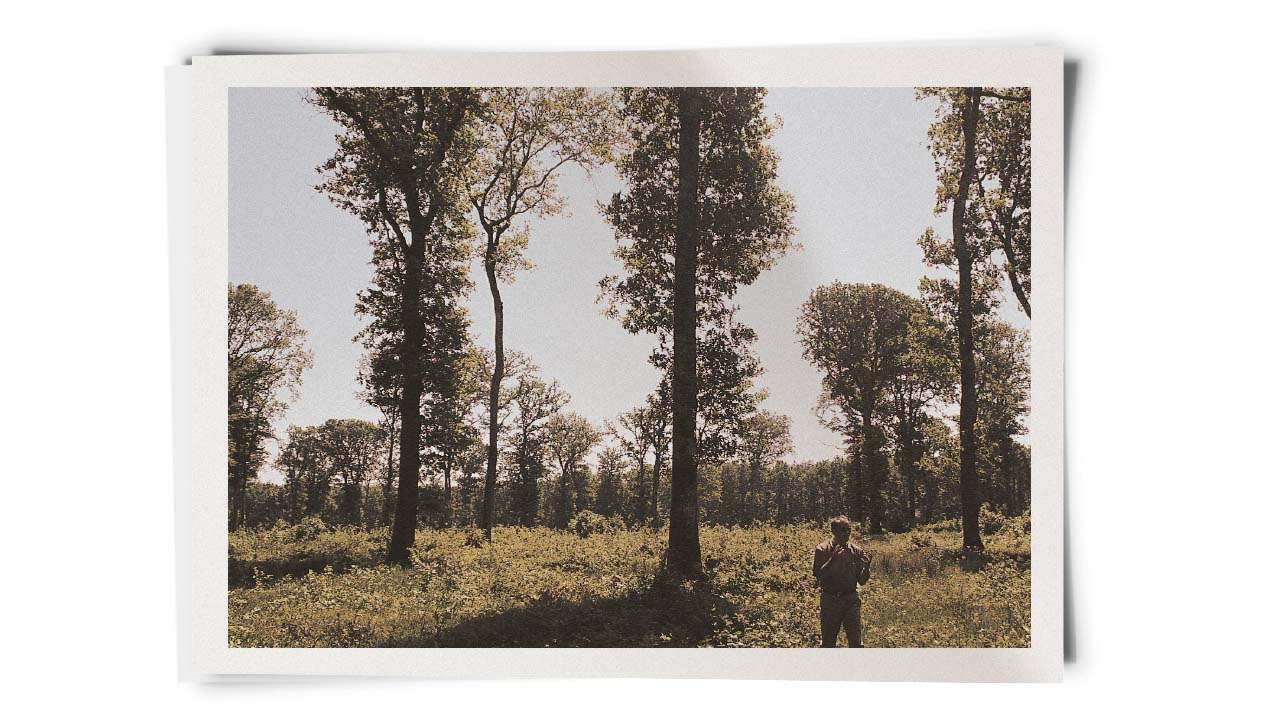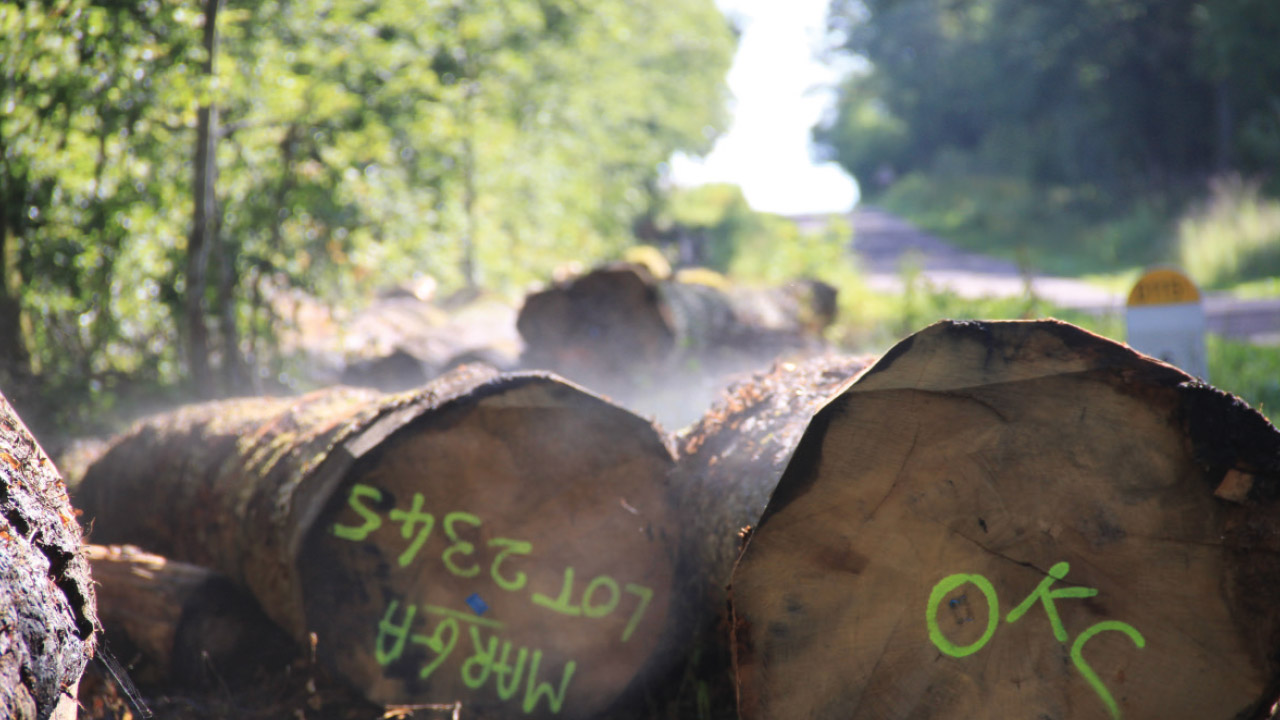An inexhaustible
resource
with zero impact
Wood is a material made by nature according to nature’s rules.
Compared to many other raw materials – like stone, metal or fossil fuel deposits – wood is a potentially inexhaustible resource because it grows entirely nourished by the rays of the sun and the nutrients in rain. Wood has a slow life cycle, but it is completely ecological and continually renewable if the forest it grows in is carefully stewarded.
A cultivated forest, like fields planted with crops, not only produces better fruit, but it offers society a variety of benefits. Forests managed by man, with controlled growth cycles that favour the use of wood and its regeneration, can actually provide us with more oxygen.


Wood has a slow
life cycle,
but it is completely
ecological
Trees can absorb higher levels of carbon dioxide and, more importantly, retain it. All this in a much more efficient manner than woods left to their own devices. A forest cultivated in keeping with the rules of proper management, as it grows, not only provides a constant supply of wood – a truly unique material that is as versatile as it is beautiful– but it also plays a vital role in safeguarding the quality of the air we breathe, it regulates the ground’s hydro-geological balance and protects of the landscape.
Wood managed in this manner does not create any environmental damage, as a quarry or mine containing other natural resources might.
It really is a zero impact product.